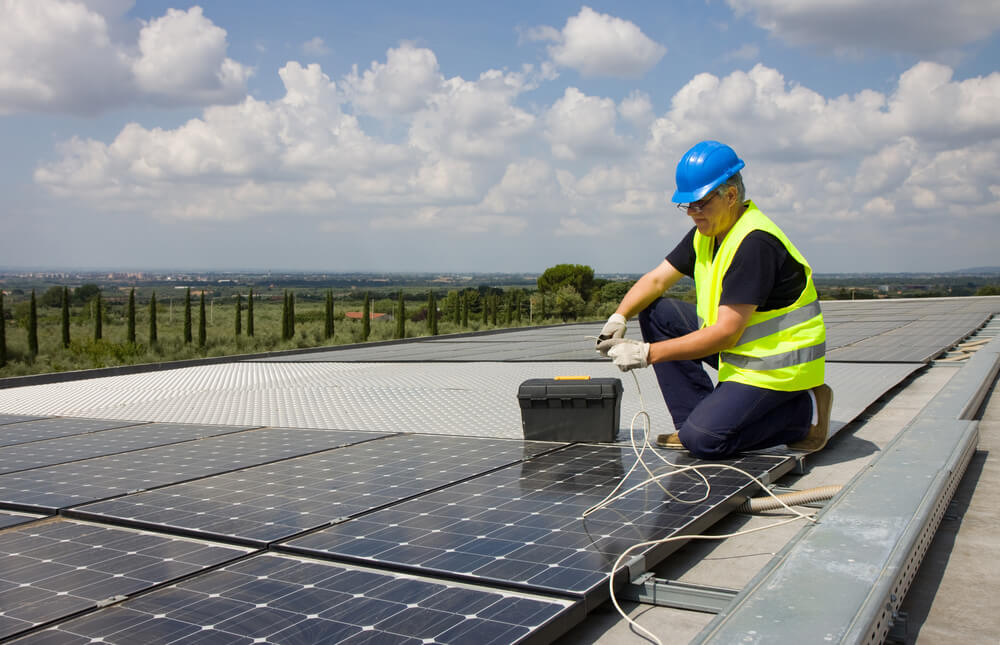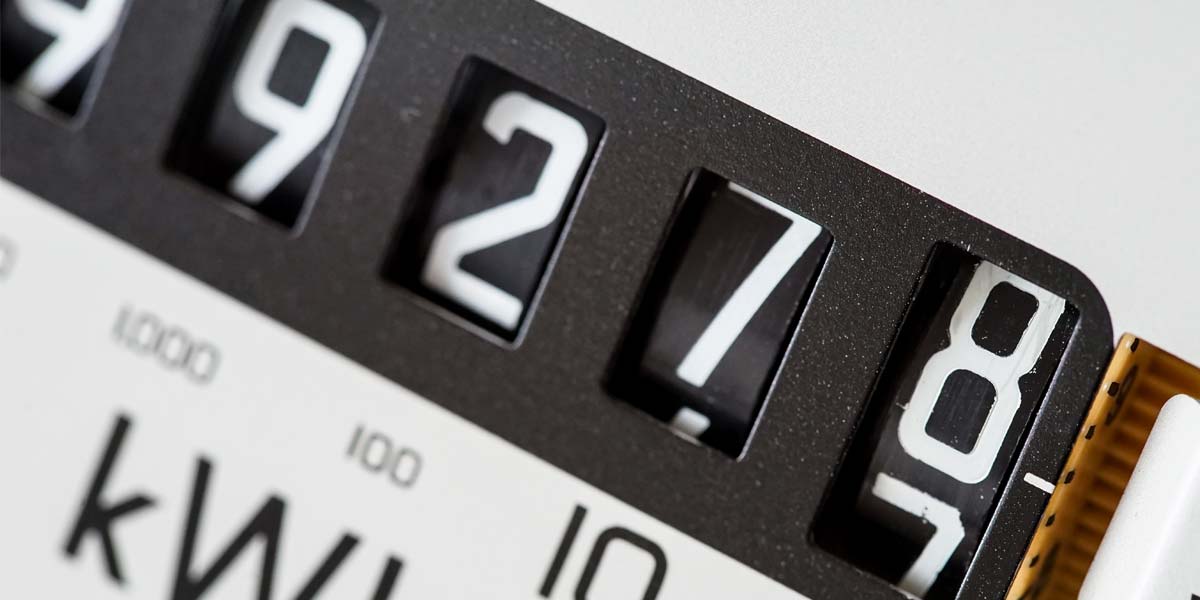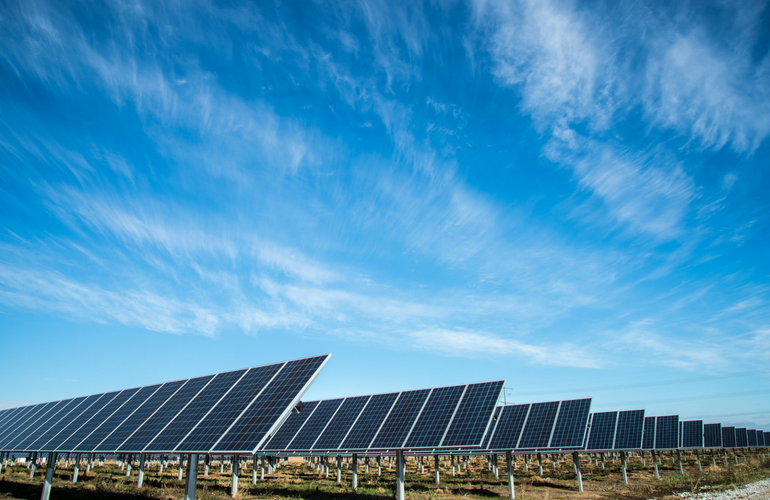Optimum conditions of solar thermal power systems collector optimum stagnation operating temperature temperature optimum s n.
Optimal operating temperature for solar panels.
The same idea applies to the performance of solar panels on a hot day versus a cold one.
Photovoltaic solar panel power production works most efficiently in cold temperatures see reference 5 final paragraph cold sunny environments provide optimal operating conditions for solar.
Solar panels are power tested at 25 0 c so the temperature coefficient percentage illustrates the change in efficiency as it goes up or down by a degree.
In most cases the difference is insignificant only 4 mv of voc and both are referred to as room temperature.
1000 670 114 0 2246 6.
So on a cool 25 c day where the panel is cooking at 50 c you will be losing 10 of your solar power.
800 503 114 0 1149 5.
600 430 139 0 0792 4.
1400 872 066 0 2986 8.
The closer the temperature coefficient is to zero the better the panel will perform when the temperature rises.
It is when solar photovoltaic cells are able to absorb sunlight with maximum efficiency and when we can expect them to simply work the best.
Home solar panels are tested at 25 c 77 f and thus solar panel temperature will generally range between 15 c and 35 c during which solar cells will produce at maximum efficiency.
400 347 263 0 0314 3.
However solar panels can get as hot as 65 c 149 f at which point solar cell efficiency will be hindered.
However solar cells are typically measured almost 2 degrees lower at 25 c 298 15 k.
According to the manufacture standards a 25 c 77 f temperature indicates the peak of the optimum temperature range of solar panels.
1200 772 051 0 2653 7.
Install factors like how close the panels are installed to the roof can impact the typical heat of your solar system.
And on days when the mercury breaks 40 c you can be losing close to 20 of your solar power.
Therefore cold temperature with ample sunlight is the ideal condition for solar panels to perform optimally.
350 324 263 0 0160 2.
Which means that for every degree that the solar panel is above 25 c the power will fall 0 4.
Most panels have a temperature coefficient of between 0 2 c to 0 5 c when tested under standard laboratory conditions where ambient temperature is set to 25 c.
2 solar panels and snow people living in colder climates are often skeptical about the performance of solar panels during snowy conditions.
2000 1162 800 0 3705 9.
Most semiconductor modeling is done at 300 k since it is close to room temperature and a convenient number.

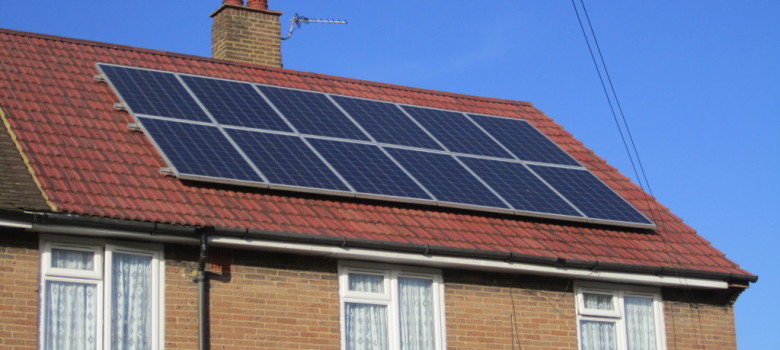




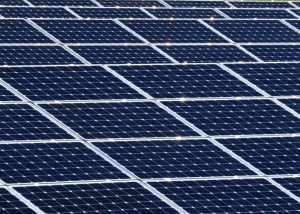



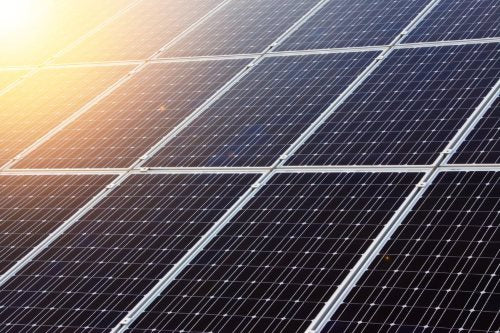


.jpg)


